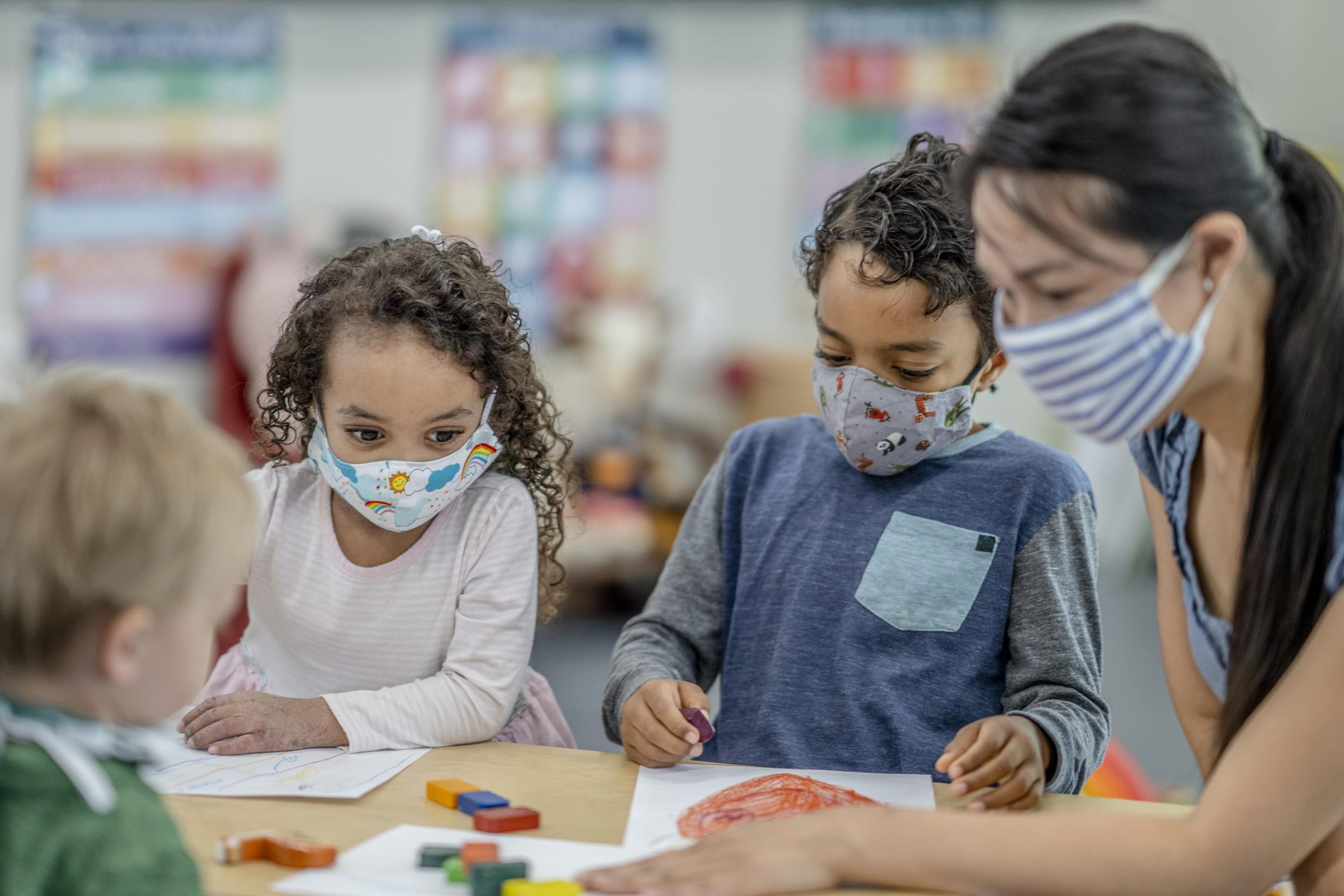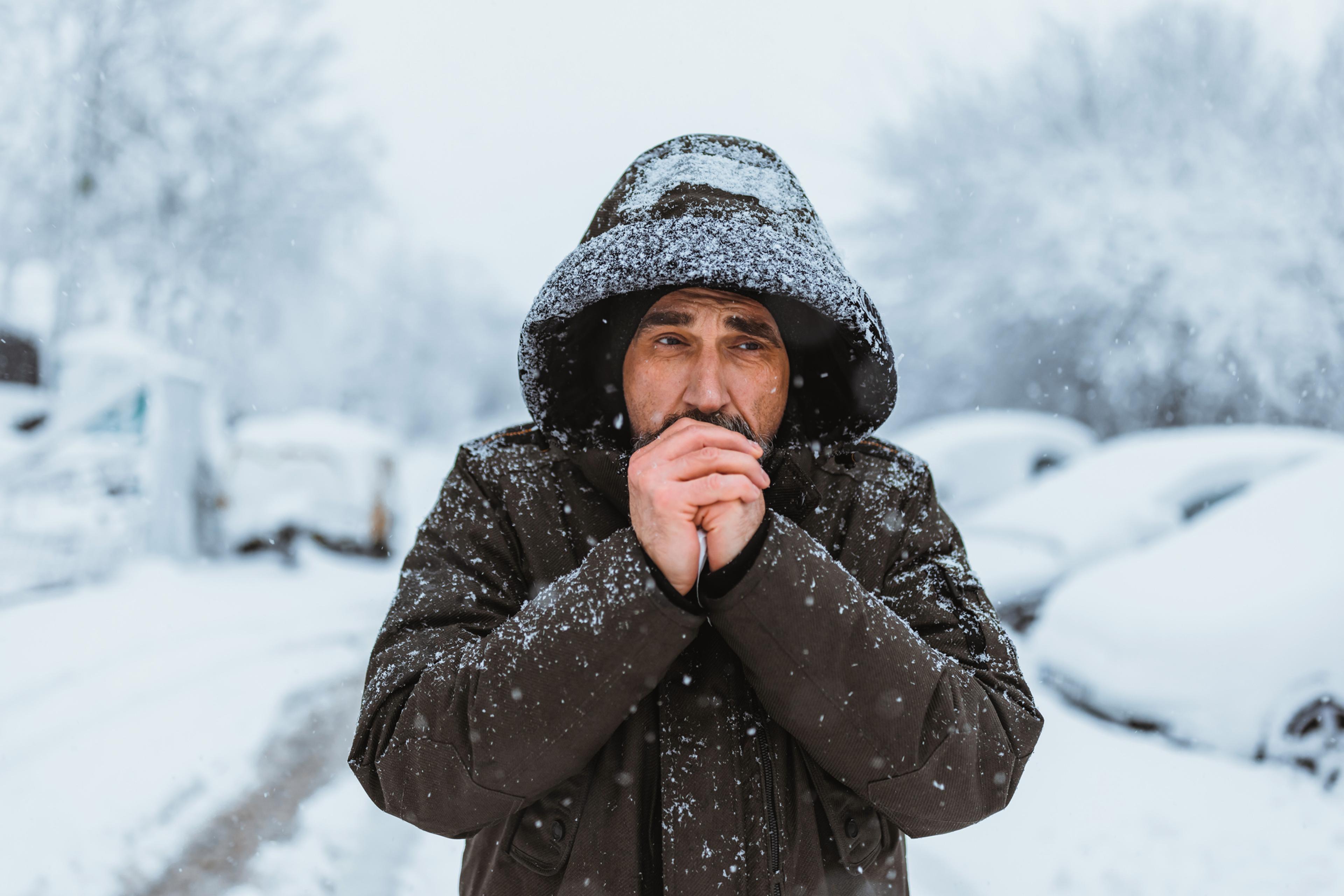RSV Cases on the Rise: What to Know

James Grant, M.D.
| 3 min read
James D. Grant, M.D., is executive vice president an...

Respiratory syncytial virus (RSV) typically affects young children under the age of five years and is a highly contagious respiratory illness. Cases of RSV are on the rise in Michigan, with test positivity rates reaching towards levels not seen since 2019, according to the U.S. Centers for Disease Control and Prevention. RSV is usually known as a wintertime illness – but as children re-engage in school activities for the first time after pandemic disruptions, the virus is seeing a resurgence earlier in the year. Cases began to emerge in the summer. Children who have had limited exposure to viruses and bacteria after staying home for pandemic safety reasons also may have more vulnerable immune systems. It’s a reminder for all of us that the coronavirus isn’t the only reason to take precautionary measures like staying home when sick, washing our hands and cleaning frequently touched surfaces.
Who is the Most Susceptible?
RSV is spread when an infected person coughs or sneezes and spreads droplets through the air. Often, RSV can spread easily in daycares and school environments. Most of the time, RSV cases are mild colds that go away on their own – but infants, young children, older adults and people with certain health conditions are at a higher risk for severe sickness that can lead to infections like pneumonia.
Symptoms to Watch For
If your child shows these symptoms, contact your health care provider right away:
- Under six months of age, or is high risk for RSV, and has a cold
- Difficulty breathing
- Wheezing
- Coughing
- Short, shallow and fast breaths
- Skin between ribs or neck pulls in with each breath
- Color of lips, tongue or skin turns blue or gray
- Trouble eating, drinking or sleeping
- Dehydration (decreased number of wet diapers)
Treatment
Many cases of RSV are mild and require rest at home. Monitor children for fevers, and make sure they are well hydrated. Talk to your health care provider for specific treatment guidance.
Prevention
Preventing the spread of RSV involves taking precautions that are similar to stopping the spread of the flu or COVID-19:
- Keep children home if sick
- If you have cold-like symptoms, don’t interact with infants, children or others at a high risk for RSV
- Avoid close contact like sharing cups or utensils, or kissing and hugging
- Make sure you and your children wash your hands often
- Don’t touch your face with your hands, especially when out in public
- Clean frequently touched surfaces including toys, cell phones and doorknobs
As we head into the colder months of the year, it’s important to stay vigilant in taking precautions to prevent the spread of illnesses. Getting vaccinated against the flu and COVID-19 (if eligible), keeping up to date with routine doctor’s appointments and practicing good hand hygiene will help keep us all healthier this winter – and will protect the most vulnerable from severe illnesses. James D. Grant, M.D., is chief medical officer at Blue Cross Blue Shield of Michigan. More from MIBluesPerspectives.com:
Photo credit: Getty Images





